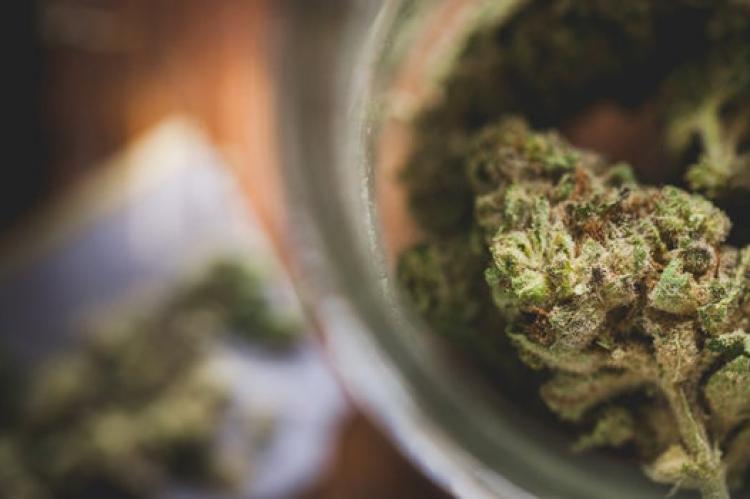This Is Why We Need Verified Product Reviews For Cannabis
Real reviews enable new users to make informed decisions, and they provide cannabis brands with objective measures of their impact.
I was reviewing cannabis brand data recently— a chart that compares price against quantity sold. In a traditional industry, it would resemble a downward-sloping demand curve.
But cannabis is not a traditional industry.
Instead of finding a simple graph, I found a hodge-podge of plot points, almost randomized, with little rhyme or reason: young brands, old brands, successful brands, struggling brands—all thrown into the messy mix.
Legal cannabis is still young, with many new brand entrants every month. The industry itself has not experienced enough time or scale to normalize and exhibit any "traditional" trends. From a brand standpoint, this data is intimidating—lots of competition and no real winners yet. From a consumer standpoint, the information is stupefying. How do you make an informed decision on which edibles to buy for a sleep aid if 20 brands are claiming to execute on that exact value proposition?
An average cannabis dispensary has around 300 sellable SKUs at any given time. Three hundred products, on physical and digital shelves, ready for consumption. How, as consumers, are we to make informed decisions on what products are the right fit? Even with sophisticated in-store guides (budtenders) and curated digital experiences (eCommerce platforms), how can we drill down to the "best" product for us as individuals?
Historically, it's been trial and error. Trust your budtender; make a purchase. Unfortunately, that dynamic necessitates a lot of wasted time and dollars. It is, to be blunt, suboptimal.
The power of social proof
Let's take the undisputed king of retail recommendations as an example for a moment. How does Amazon (with a heck of a lot more SKUs than 300) manage to provide advice and curation to every individual, while ensuring that each shopper is making as close to the "best" decision possible?
Amazon doesn't rely on the brands themselves to educate shoppers on their wares. Sure, they post lovely images and descriptions that tell you what products are, and they allow brands to advertise. But Amazon outsources real education to real people, in the form of product reviews.
Consider this: When is the last time you purchased anything on Amazon without making sure it had 4.5 stars from 1,000 different people?
We call that social proof—the tendency to assume the actions of others in an attempt to reflect the "correct" behavior—and it's vital to the shopping journey. You can't get social proof from brands or advertisements; you get it from people like you.
Social proof is why you value a recommendation from a close friend or family member more than any others. You know who the recommender is, and they can describe their experience, positive or negative, ultimately lending weight and credibility to their suggested path forward. Amazon has just digitized and broadened your community of trusted recommenders.
The "Us vs. Them" dynamic
There is an "Us vs. Them" dynamic that exists in any retail environment. Buyers are us—going through the same journey and sharing insights. Sellers are them—trying their darndest to sell as many products to as many buyers as possible. Though Us vs. Them is a psychological construct (and perhaps does not capture all of the motivations of each party, sellers in particular), it is resilient.
In cannabis, where there are few trusted brands and many new and unproven ones, this dynamic is more pronounced. Consumers are overloaded with "them" —brands that tell us how they can help ease our minds, induce sleep, facilitate an intimate encounter, or whatever – and starved for feedback from "us." Consider a new cannabis shopper that has no prior experience, and whose friends and family also do not possess the fundamental knowledge in cannabis products that would expedite a purchase. What are they supposed to do?
Why verified product reviews matter
It's time to advance the industry by providing that social proof all consumers crave. We need verified product reviews from shoppers that actually purchased the product in question. Some legacy platforms have product reviews, but they are virtually worthless because they are not verified. Anyone can leave a review at any time, which means reviews are subject to a lot of nonsense (competitors leave erroneous reviews, for example).
Verified product reviews will afford reviewers the good psychological feelings associated with being altruistic – for sharing their wisdom after their own experience— as well as provide a crowdsourced, authentic review for new users. They will also enable brands to measure how their products are received accurately.
Technology will allow us to aggregate this feedback en masse – and that demand curve will start to reflect much more of an evolved, efficient industry.
- Log in to post comments

